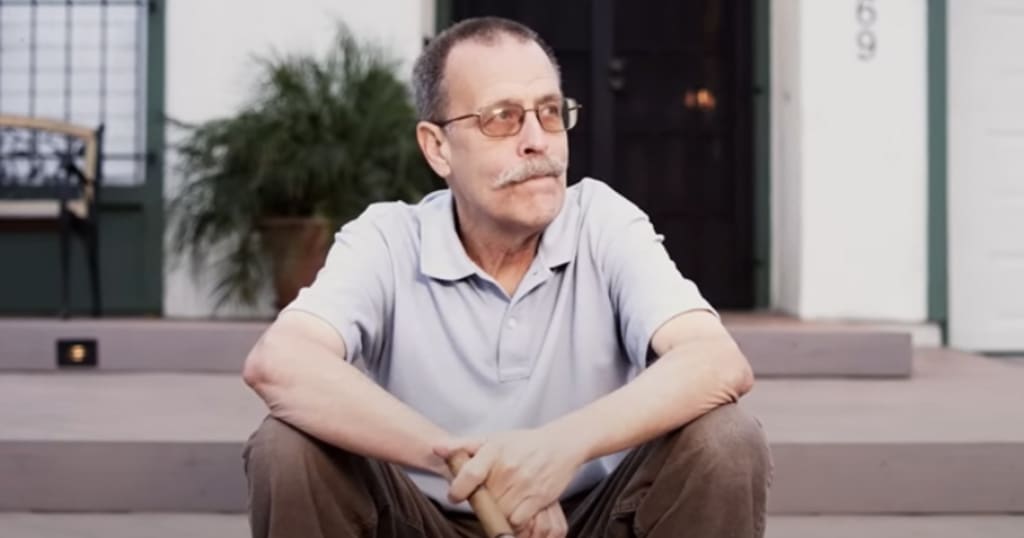Meet The Man, Who Created a World Record By Staying Awake For 19 Days
17-YEAR-OLD RANDY GARDNER STAYED AWAKE FOR 15864 MINUTES

How long can someone stay awake without sleeping? It’s a question that’s captured the curiosity of many. We all know sleep is important for our bodies and minds, but there have been some extraordinary cases where people have stayed awake for surprisingly long periods of time.
These stories not only show how resilient humans can be but also make us wonder about the limits of our abilities. Let’s look at some of the most remarkable instances of sleep deprivation and what they teach us about the human condition.
19 days without sleep
Meet Robert McDonald, the man who achieved a remarkable feat by staying awake for an astounding 19 days in 1986, setting a world record recognized by Guinness World Records. McDonald’s endurance, staying awake for a total of 453 hours and 40 minutes, captured the world’s attention.
However, following McDonald’s feat, Guinness ceased monitoring records for prolonged wakefulness due to the inherent risks associated with sleep deprivation.
17-YEAR-OLD GARDNER STAYED AWAKE FOR 11 DAYS AND 24 MINUTES
Before McDonald, the record for extended wakefulness was held by two 17-year-old students, Randy Gardner and Bruce McAllister. They undertook a science project in which they managed to stay awake for 264 hours (11 days).
Reflecting on their youthful endeavor, McAllister admitted in a 2018 interview that they were unaware of the consequences of such sleep deprivation at the time, with Gardner being the primary participant.
Gardner’s experience was closely observed by Dr. William Dement, a prominent sleep researcher at Stanford University. Despite engaging in activities like basketball and arcade games to keep him occupied, Gardner experienced significant cognitive and physical impacts from his prolonged wakefulness.
Dr. Dement noted a decline in Gardner’s analytical abilities, perception, motivation, memory, and motor control, alongside hallucinations, delusions, and a severely diminished attention span.
While Gardner did not suffer long-term effects, he later developed insomnia in his 60s, a condition he struggled with for nearly a decade before experiencing some improvement, albeit limited to around six hours of sleep per night.
In subsequent years, attempts to surpass Gardner’s record were made, such as Tony Wright’s endeavour in 2007, although he fell short, managing to stay awake for 266 hours. Wright recounted the toll it took on his body and mind, emphasizing the significant repercussions of prolonged sleep deprivation.
While these instances may push the boundaries of what we thought possible, they also underscore the critical importance of regular, quality sleep for our overall health and well-being. As we marvel at these extraordinary feats, let us also remember to prioritize our sleep hygiene and recognize the significance of rest in maintaining our physical and mental vitality.
Ultimately, the stories of sleepless endurance serve as a reminder of the awe-inspiring capabilities and limitations of the human condition.
Health effects
It has been claimed that Gardner's experiment demonstrated that extreme sleep deprivation has little effect, other than the mood changes associated with tiredness, primarily due to a report by researcher William C. Dement, who stated that on the tenth day of the experiment, Gardner had been, among other things, able to beat Dement at pinball. However, Lieutenant Commander John J. Ross, who monitored his health, reported serious cognitive and behavioral changes. These included moodiness, problems with concentration and short-term memory, paranoia, and hallucinations. On the eleventh day, when he was asked to subtract seven repeatedly, starting with 100, he stopped at 65. When asked why he had stopped, he replied that he had forgotten what he was doing.
On his final day, Gardner presided over a press conference where he appeared to be in excellent health. "I wanted to prove that bad things didn't happen if you went without sleep," said Gardner. "I thought, 'I can break that record and I don't think it would be a negative experience.'"
Recovery
Gardner's sleep recovery was observed by sleep researchers who noted changes in sleep structure during post-deprivation recovery.After completing his record, Gardner slept for 14 hours and 46 minutes, awoke naturally around 8:40 p.m., and stayed awake until about 7:30 p.m. the next day, when he slept an additional ten and a half hours. Gardner appeared to have fully recovered from his loss of sleep, with follow-up sleep recordings taken one, six, and ten weeks after the fact, showing no significant differences. However, Gardner later reported experiencing serious insomnia decades after his sleep experiment.
Please check my previous story:-
About the Creator
Bhangs Corporation
We are new to writing articles online, so please provide feedback to improve.
We are keenly interested in movies, web series, computer games, and finance so I will write some posts on them with my main focus on horror stories.
Enjoyed the story? Support the Creator.
Subscribe for free to receive all their stories in your feed. You could also pledge your support or give them a one-off tip, letting them know you appreciate their work.






Comments (1)
Appreciate your work.